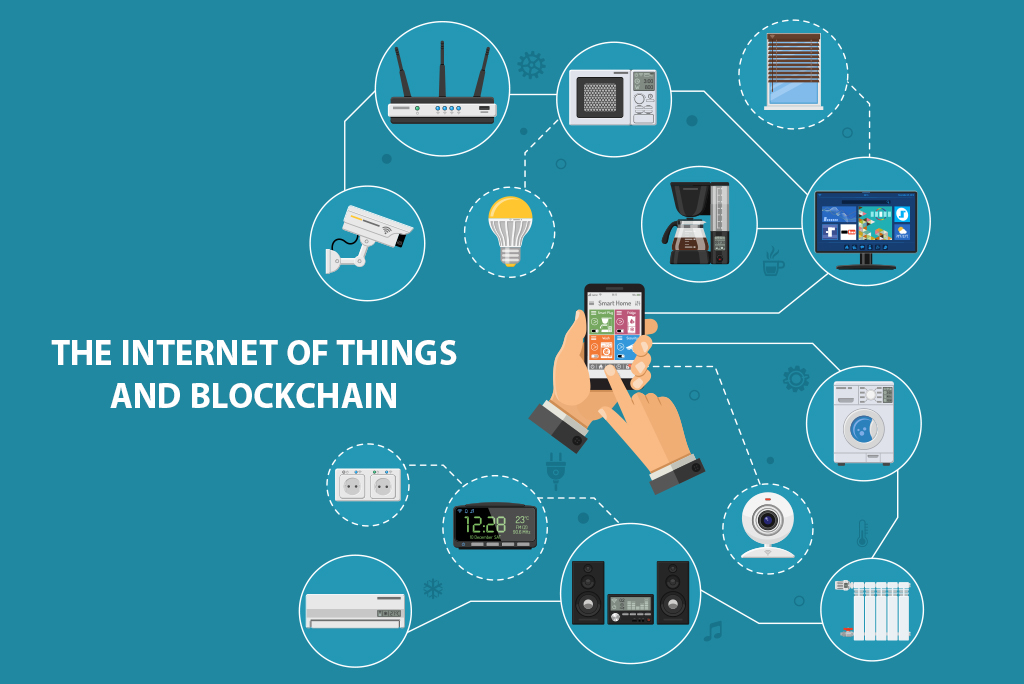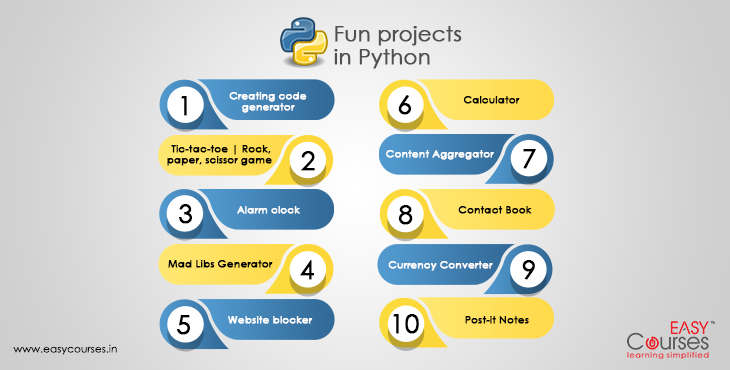Navigating the Blockchain Internet A Digital Revolution

The Blockchain Internet: A Digital Revolution Unveiled
Exploring the Fusion of Blockchain and the Internet
In the ever-evolving landscape of technology, the integration of blockchain with the internet has emerged as a transformative force, reshaping the way we connect and engage online. This article delves into the intricacies of the blockchain internet, exploring its impact on the digital landscape and the potential it holds for the future.
The Rise of Web 3.0: Where Blockchain Meets the Internet
One of the key aspects of the blockchain internet is the evolution of Web 3.0. This represents a paradigm shift in the way we experience the online world, emphasizing decentralized, peer-to-peer interactions. Blockchain technology plays a pivotal role in enabling this shift, providing a secure and transparent foundation for the next generation of the internet.
Decentralizing the Web: Blockchain’s Influence on Internet Evolution
At the heart of the blockchain internet is the concept of decentralization. Traditional internet architectures often rely on central authorities for data storage and management. With blockchain, the power is distributed across a network of nodes, reducing the risk of single points of failure and enhancing the overall security of online interactions.
Seamless Integration: The Marriage of Blockchain and Internet
The integration of blockchain and the internet is not a mere juxtaposition; it’s a seamless marriage that brings forth new possibilities. Blockchain’s ability to create tamper-resistant and transparent ledgers is integrated into various aspects of the internet, from secure online transactions to decentralized applications (DApps) that run on blockchain networks.
Revolutionizing Web Architecture: The Blockchain Internet Era
The blockchain internet is ushering in a new era of web architecture. This goes beyond simple transactions; it extends to the way we build and interact with online platforms. Smart contracts, powered by blockchain, automate and enforce agreements, paving the way for more efficient and trustworthy digital ecosystems.
Empowering Connectivity: Blockchain’s Impact on the Internet
Connectivity lies at the core of the internet experience, and blockchain enhances it by providing a secure and efficient way for devices to communicate. The Internet of Things (IoT) is particularly poised to benefit, as blockchain ensures the integrity and security of data exchanged between connected devices.
Blockchain-Powered Connectivity: Charting a New Course Online
As blockchain technology continues to mature, its impact on connectivity becomes more apparent. The blockchain internet is not just about connecting devices; it’s about creating a network where trust is inherent, and transactions are executed with transparency and efficiency.
Navigating the Digital Frontier: Blockchain Internet Unveiled
The blockchain internet is not just a technological evolution; it’s a journey into the digital frontier. It challenges the conventional norms of online interactions, offering a glimpse into a future where security, transparency, and decentralization are the cornerstones of the internet experience.
Web Transformation: The Impact of Blockchain on Internet Evolution
The transformation brought about by the blockchain internet extends beyond individual experiences. It impacts industries, governments, and the very fabric of our digital society. From supply chain management to voting systems, blockchain’s influence on the internet is








